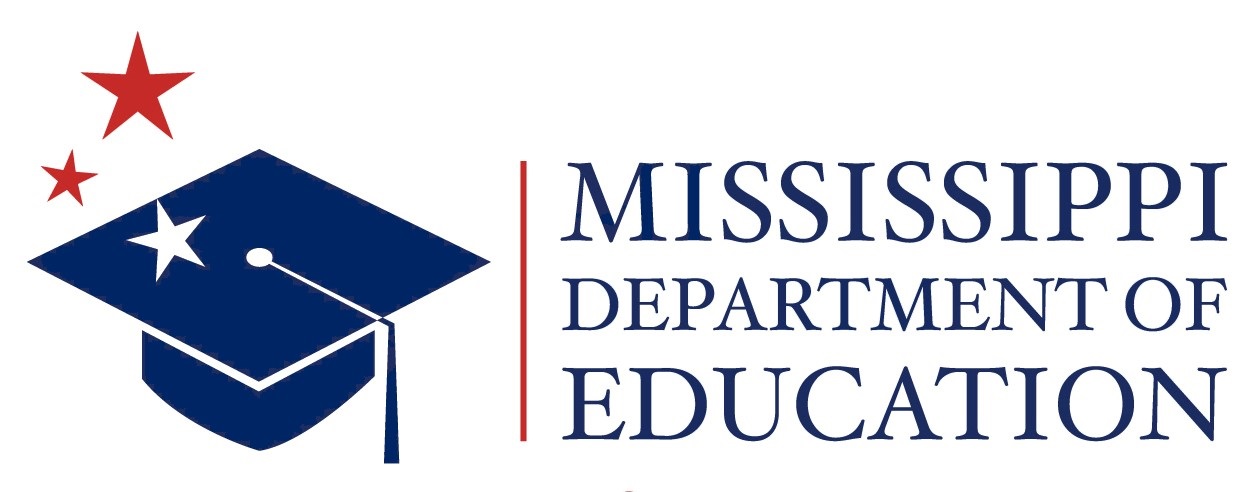Resources
- Mississippi Parent Training and Information Center: Mississippi Parent Training and Information Center is a center for parents of children with disabilities ages birth to 26. The center’s job is to provide the family with information, resources, support and training that allows the family to help their child meet his or her educational goals.
- Additional National Resources
- The PACER Center: PACER Center is a parent training and information center for families of children and youth with all disabilities from birth through 21 years old. Parents can find publications, workshops, and other resources to help make decisions about education, vocational training, employment, and other services for their children with disabilities.
- National Parent Technical Assistance Center: The National Parent Technical Assistance Center is an innovativeproject that supports a unified technical assistance system for the purpose of developing, assisting and coordinating Parent Training and Information Projects and Community Parent Resource Centers under the Individuals with Disabilities Education Act (IDEA). It is funded by the U.S. Department of Education, Office of Special Education Programs.
-
Described and Captioned Media Program (DCMP): This program (formerly Pepnet2) has a variety of resources available that will provide school districts, parents and other agencies with information about current strategies and evidence-based practices in academics, accommodations, administration, deaf/hard of hearing, technology and transition for students with deafness/hard of hearing. If you have previously accessed the Pepnet 2 eLearning modules, you will need to register with DCMP to continue. If you register using the same email address you used on Pepnet 2, your module data will still be available. Go to DCMP eLearning Resources to access all the former Pepnet 2 modules. If you have any problems or questions, please contact us at elearn@dcmp.org.
- Social Security Disability Resource Center: The goal of SSDRC.COM, the Social Security Disability Resource Center, is to inform readers about how the Social Security Disability and SSI Disability process works from start to finish. This includes what to expect before, during, and after a disability application has been processed, common mistakes that need to be avoided, and what to do and how to react in specific situations (for example, receiving notices of denial, obtaining the status of the claim at different points, providing needed evidence, and undergoing a disability interview with a Social Security Claims Representative).
- Social Security Administrators: SSA’s Work Site offers employment support for people with disabilities by providing a focus on matters affecting the employment of Social Security beneficiaries with disabilities.
- Office of Vocational and Adult Education: The Office of Vocational and Adult Education (OVAE) administers Career and Technical Education, commonly known as vocational education, is a massive enterprise in the U.S. Thousands of comprehensive high schools, vocational and technical high schools, area vocational centers, and community colleges offer vocational education programs.
- Rehabilitation Services Administration: The Rehabilitation Services Administration (RSA) oversees formula and discretionary grant programs that help individuals with physical or mental disabilities to obtain employment and live more independently through the provision of such supports as counseling, medical and psychological services, job training and other individualized services.
- Social Security Online – The Redbook: The Redbook provides information on the employment support for individuals with disabilities under the Social Security Disability Insurance (SSDI) and Supplemental Security Income (SSI) programs.
- Additional Resources
- Mississippi Department of Human Services: The Mississippi Department of Human Services assists individuals in applying for disabilities claims, developing skills necessary to budget and manage their money, and to live independently.
- Social Security Administration – Mississippi Area: The Social Security Administration - Mississippi Area assists individuals with employment support, applying for Social Security benefits.
- Mississippi Department of Rehabilitation Services: The Mississippi Department of Rehabilitation Services provides resources to help Mississippians with disabilities find new careers, live more independently, overcome obstacles and face new challenges. Their motto is “Providing the Freedom to Live.”
- Mississippi State Department of Health: The Mississippi State Department of Health partners with the Transportation Coalition to help individuals with physical or mental disabilities to obtain employment and live more independently through the provision of such supports as counseling, medical and psychological services, job training and other individualized services.
- Mississippi Division of Medicaid: The Mississippi Division of Medicaid assists individuals in filing for Medicaid benefits.
- Mississippi Department of Mental Health: The Mississippi Department of Mental Health supports programs aimed at making a difference in the lives of individuals with mental health issues, substance abuse and intellectual or developmental disabilities.
- Mississippi Council on Developmental Disabilities: The Mississippi Council on Developmental Disabilities, which funded by the Federal Administration on Developmental Disabilities, supports nine area programs for students and parents of students with disabilities: Child Care, Community Supports, education and Early Intervention, Employment, Health, Housing, Transportation, Quality Assurance and Recreation.
- Institute for Disabilities Studies (IDS): IDS, which is housed at the University of Southern Mississippi, is the managing partner with the Mississippi Partnership for Employment and provides assistance for parent engagement for parents of students with disabilities.



